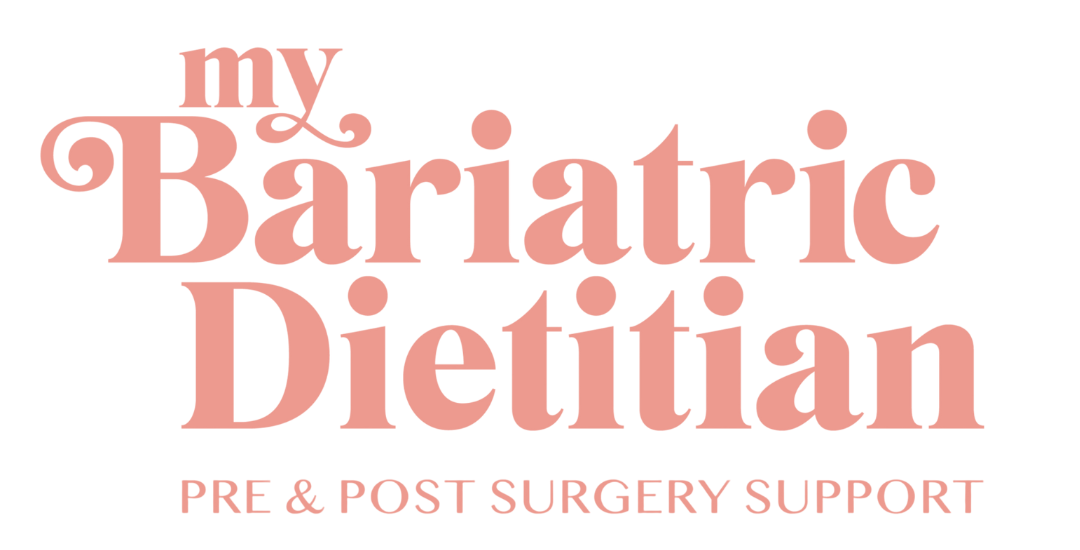Constipation After Gastric Sleeve and Gastric Bypass Surgery
Are you dealing with constipation after gastric bypass or gastric sleeve surgery? If so, you’re not alone! Many weight loss patients will experience constipation in the first few months after surgery. Bariatric surgery patients are more at risk for constipation due to:
Use of pain meds
Low fluid intake or dehydration
Lower volume of food
Low intake of fiber-rich foods
Low levels of physical activity
High protein intake
Many patients find that they can prevent or manage constipation by using a combination of methods. Some of these include:
Fluids
Aim for 48-64 ounces per day.
Start drinking fluid immediately after waking up.
Keep a water bottle with you to sip on between meals.
Fiber
Aim for foods high in fiber to eat alongside your protein. Some examples include berries, edamame, lentils, flax or chia seeds, and avocado.
Use a fiber supplement to help you reach your fiber goal. If you are not used to these products, make sure to start with a small amount and gradually work up to your target. This method will prevent the worsening of constipation. My favorite fiber supplement can be purchased here (affiliate link).
Fats
Aim for healthy fats when you have the chance. These include fatty fish, walnuts, chia or flax seeds, olives or olive oil, etc.
Fitness
When you have been cleared to restart exercise, begin with activities you are comfortable with and slowly increase the frequency, duration, and intensity as you are able.
Flora (aka bacteria)
Supplementation with a probiotic (healthy bacteria) can help support a healthy gut. Some of the benefits of these microorganisms include helping to break down food and supporting your immune system.
Probiotics are also found in fermented foods such as yogurt, miso, kefir, kimchi, and sauerkraut.
Additional options: Smooth Move tea, Medications (such as Colace of Miralax)
If issues persist, make sure to talk to your doctor for additional suggestions and treatment.

